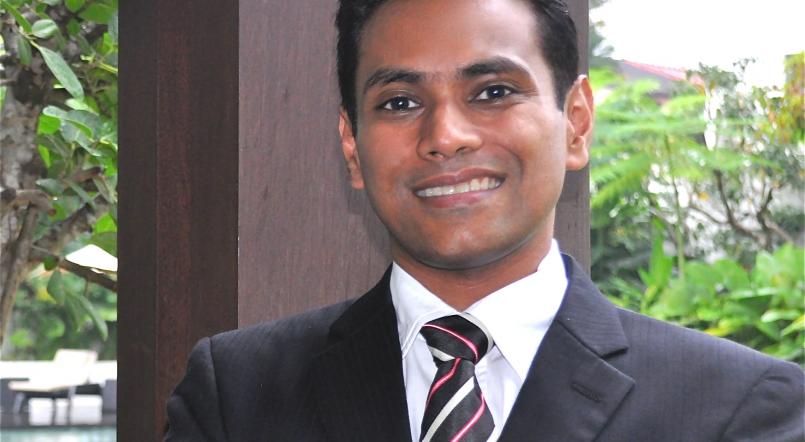HQ Asia: As an Indian who was raised in Indonesia, how do you think your multicultural upbringing contributes to your leadership style?
Amit: In 1976, my father, SP Lohia, and grandfather, ML Lohia, decided to move from India to Indonesia to set up Indorama Synthetics, a manufacturer of spun yarns. Although I grew up in Jakarta, I still identify culturally as Indian and speak Hindi at home. I think my “Indian-ness” certainly comes out in my leadership style. Originally hailing from Rajasthan, my parents have a business-savvy, entrepreneurial mindset that they passed on to me. In addition, I think that part of my outward-looking, global mindset comes from my Indian heritage.
Although I’m Indian, Indonesian culture has also become part of my DNA. My “Indian-Indonesian-ness” is what made me successful. It is the combination of the two cultures that makes our family unique and both are equally important. The Indonesian economy has had its ups and downs over the years. In this kind of business environment it requires flexibility, improvisation and out-of-the-box thinking to succeed. This economic turbulence reinforces the need to be a resilient individual, and not be overly upset when times are unfavourable or overly ecstatic when times are prosperous. The Javanese call it nrima. The feeling that, “this too, shall pass”.
Indonesians consider social harmony and empathy among the most important values in the workplace. I believe that these values help me to deal with people of all cultures, not just Indonesians. The common denominator when dealing with people is that you have to care about their feelings and get rid of the mentality that there is a right or wrong way to do things.
HQ Asia: When did you get involved with the family business and what was your family’s approach to developing you as a leader?
Amit: I wasn’t groomed or brainwashed to take over the family business. In fact, though my father had been building the business my whole life, I didn’t work for him until I was 17. Before that, I didn’t even know what the business was about. I only worked for the family business for about a month before leaving for college in the US. While in my last year of schooling, my mother told me that my father needed some help with the business. I decided to finish my degree early, and return to Indonesia to help out.
There are basically two schools of thought when it comes to bringing new family members into the business: let them start at the bottom and work their way up, or put them in a leadership position and see if they sink or swim. My father chose the latter, and put me in charge of the company’s fledgling fabrics business. In hindsight I think this was a great decision. By giving me autonomous control over an entire division, I could put my business school education to the test, and prove whether I could survive in the real world of business. However, given that this was a nascent division of the business, I didn’t have the pressure of upholding the family’s legacy if things went sour. I could do what I wanted.
The problem is that the Indonesian and global fabrics industry is a highly competitive and fragmented sector, so the business was struggling. To make things even more interesting, the Asian financial crisis hit in 1997, just after I took the job. To survive, I had to learn quickly what was important for leadership: being hands-on, understanding the details of the business, being flexible and open-minded, and always thinking like an entrepreneur. In big organisations with legacy systems already in place, these skills are less likely to be developed because there are established processes and practices to be followed.
This difficult assignment was a turning point in my journey as a leader. I tell people all the time that the best thing for you is to go down a difficult path initially.
HQ Asia: Indorama has scaled up significantly since its humble beginnings. Now with over US$10 billion in annual revenue and major operations all around the globe, how has your perspective on talent contributed to this global success?
Amit: We’ve grown to include operations in 22 countries and now employ over 25 nationalities. I think we have had quite a bit of success globally because we are flexible and open-minded people. Although cultural differences exist, I’m a firm believer that everyone shares the same core values. It’s just the overt things like customs and behaviours that are different. Understanding the historical reasons for those surface-level overt differences helps you understand why people act the way they do. For example, I once believed that Westerners placed less value on family than Asians, but came to realise that this isn’t true. They just tend to express that value in different ways than Asians. It is being humble about one’s own assumptions that truly inspires the mindset of a global leader.
This article was first published in HQ Asia (Print) Issue 08 (2014)


